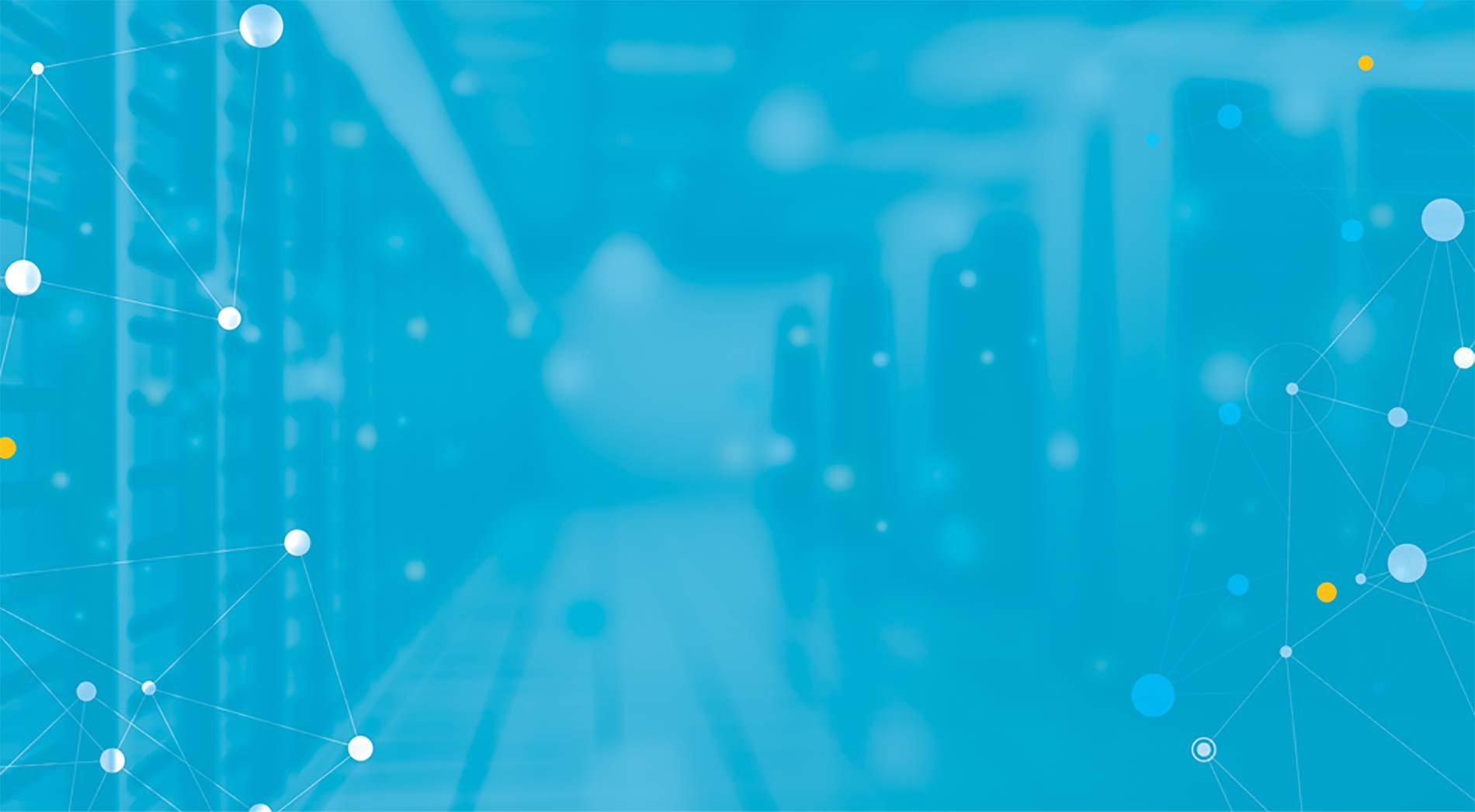It wasn't a disaster. Really. But if it had been, the irony would have been thick enough to drink.
Last Friday, the coffeemaker sprung a leak.
RF Code's main office includes space for software engineers, QA testers, and Support Services. There are asset tags, environmental sensors, IR Locator beacons, and readers mounted all over this place, in odd corners and closets and on poles, even, for testing to prove design concepts and functionality. Yet, somehow, it didn't occur to us that we might want to actually use our solution to manage one particular part of our own environment.
 Like many offices, we lease equipment, including that coffeemaker. So when the leak was discovered, we called our concessions company to come deal with it. Monday, they said; so in the meantime, we turned off the machine, put up a sign to be sure no one would try to turn it back on, sent out a company email, and made alternative arrangements for Monday morning (because you can't expect software engineers to work without caffeine!). By Monday afternoon we had a new coffeemaker, and all was well.
Like many offices, we lease equipment, including that coffeemaker. So when the leak was discovered, we called our concessions company to come deal with it. Monday, they said; so in the meantime, we turned off the machine, put up a sign to be sure no one would try to turn it back on, sent out a company email, and made alternative arrangements for Monday morning (because you can't expect software engineers to work without caffeine!). By Monday afternoon we had a new coffeemaker, and all was well.
What would have happened had that leak occurred on a weekend?
A puddle on the break room floor isn't typically disastrous. A puddle on a counter can be, depending on what that counter holds and what's underneath it. Still, it probably wouldn't have been serious. It was just a coffeemaker. And it only took thirty minutes or so in all to determine that there was a problem, that it couldn't be resolved immediately, to take the equipment off-line, alert all stakeholders, and switch to a different system.
Imagine if the leak had been in our hardware center, just a block away. Or if it had been a liquid cooling unit in a data center, or a faucet in a janitor's closet just off the data center floor. Water hook-ups of any sort do introduce the possibility of leaks... A recent Ponemon Institute* study calculated the cost of data center outages at nearly $9000 per minute. That cost includes damages to equipment, loss of productivity, and the various repercussions of failing to meet service-level agreements.
Like many offices, we lease those services we aren't set up to provide ourselves. But we are certainly capable of monitoring our environments, using the very same solutions we offer to enterprises. A coffeemaker isn't exactly a critical asset (unless you ask the software engineers), but it's a vulnerability we hadn't, until now, thought to address.
Monday afternoon, we got a new coffeemaker. Tuesday morning, we installed an R135 Fluid Detector sensor.
How are you protecting your most important environments?



